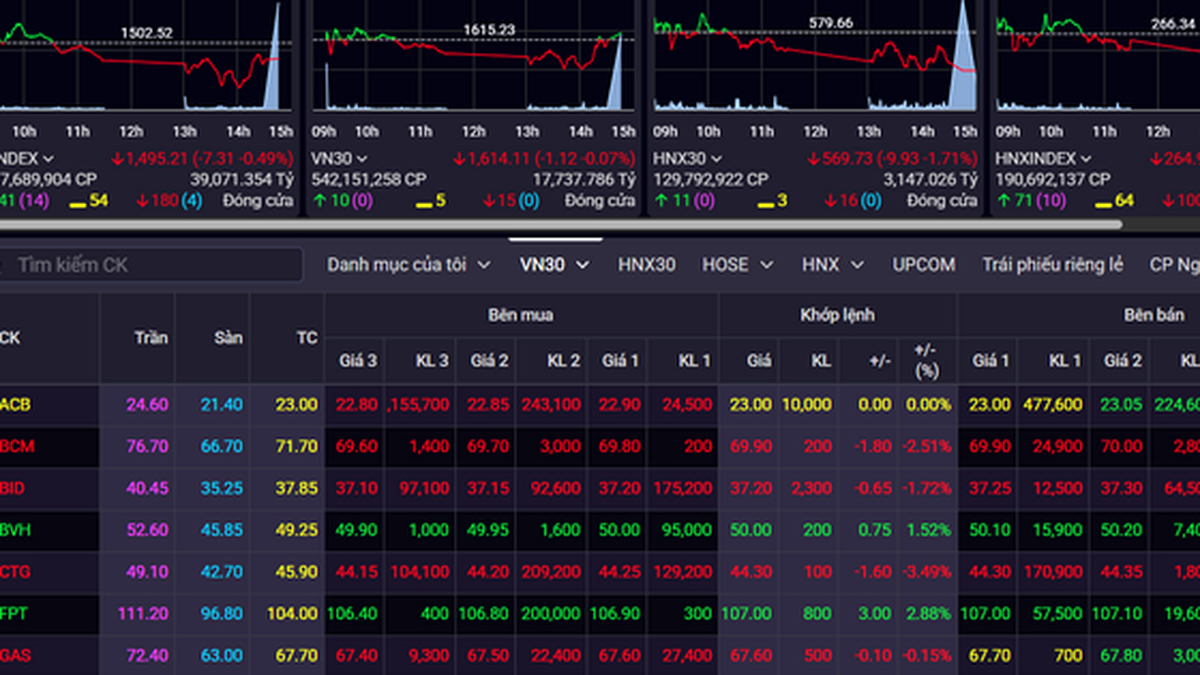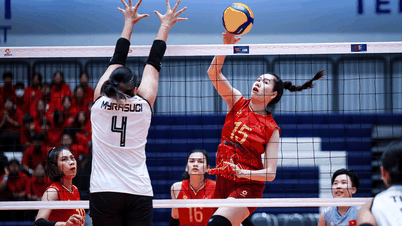Gradually lack of motivation to exercise
As your central nervous system becomes fatigued, you will gradually lose motivation to exercise, and may even want to give up exercising altogether. In fact, this is your body telling you: you have overtrained and need to rest.

Unusual pain after strenuous exercise
Soreness after exercise is normal, but unusually severe, persistent, and unrelieved soreness should be taken seriously, as this may be a sign of overexertion. Overtraining can interfere with muscle repair.
Decreased exercise performance
Not every workout day will be the same. There will even be days when you feel less efficient, which is completely normal. However, when fatigue persists, you may have reached your limit, and if you continue to train, you may burn out.
You will feel like your wrists are weakening, your joints are becoming loose and you don't want to exercise anymore.
Loss of muscle mass and increase in body fat
Excessive exercise over a long period of time causes the body to secrete the catabolic hormone cortisol. This hormone causes muscle breakdown and fat gain.
It is worth mentioning that people who are often anxious and irritable also easily secrete this hormone. Therefore, maintaining a good mood and learning how to reduce stress is very important to have a beautiful body.
Restless and difficult to concentrate
It is very difficult to calm down and fall asleep for a while after a workout. This is most likely due to overtraining. If you do not rest and calm down, you cannot recover well.
Feeling tired all day long
Feeling tired after exercise is quite normal, but if you feel excessively exhausted, especially during or immediately after your workout, it's a warning sign that you're overtraining.
Fatigue can also occur when you consistently under-fuel before exercise, forcing your body to use stored carbohydrates, proteins, and fats for energy.
How to avoid overtraining?
To avoid overtraining, you should refer to the following:
Rest: Take a complete break from training for 1 to 2 weeks, which may be long enough for your mood, energy levels, and motivation to return to normal. If after resting, you still experience symptoms of overtraining, you should go to a medical facility for examination and treatment.
Eat nutritious food: A balanced diet is needed.
Drink enough water: Hydration is very important for the body, so it is necessary to replenish enough water when exercising.
Get enough sleep: Getting plenty of sleep at night helps ensure your body has the energy it needs to complete your workouts. Aim for 7 to 8 hours of sleep each night.
Take time to rest and recover: Take at least one day off from training each week and allow at least 6 hours between workouts to allow your body to recover.
Avoid exercising in temperatures that are too hot or too cold.
Source: https://kinhtedothi.vn/8-dau-hieu-canh-bao-ban-dang-tap-the-duc-qua-suc.html




































































































Comment (0)